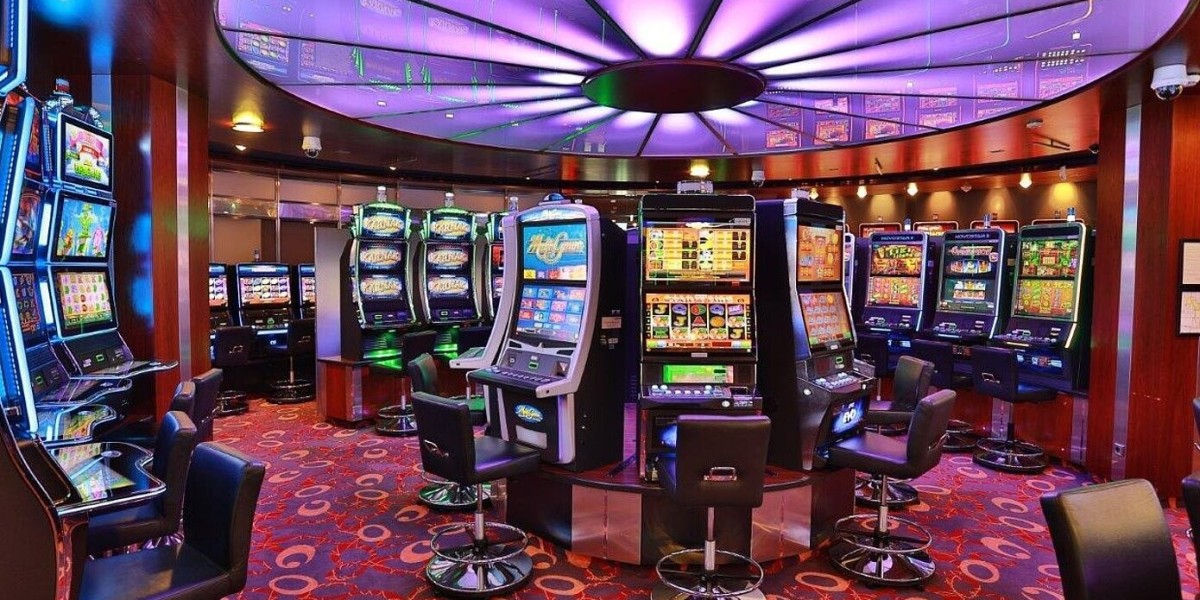Introduction
Hotels today are no longer just about comfortable rooms and fine dining. Travelers expect something more—something that nurtures their health and enhances their lifestyle even while they are away from home. That’s where on-site nutritionists for hotels come in.
Imagine a guest waking up to a breakfast plan designed just for them—balanced, energizing, and delicious. Or picture a weary business traveler sipping a smoothie crafted to beat fatigue, smiling because it feels like the hotel cares about their well-being. These experiences turn ordinary stays into memorable ones.
Hiring on-site nutritionists is one of the smartest moves hotels can make in 2025. With the right professionals, properties can boost guest satisfaction, improve loyalty, and even increase revenue through creative dining experiences. Here are eight secrets every hotel should know.
1. What Is an On-Site Nutritionist for Hotels
An on-site nutritionist is a trained expert in food, health, and wellness who works directly with hotel guests to provide guidance, meal plans, and nutritional support. Their role extends beyond suggesting salads or smoothies—they are educators, motivators, and experience creators.
For example, a nutritionist might design menus that highlight local produce, create personalized recommendations for travelers with dietary restrictions, or even host group wellness sessions that tie into a hotel’s overall guest experience.
2. Why Nutritionists Are a Game-Changer
Adding nutritionists to your team is not just about serving healthier food. It’s about creating a competitive edge in a crowded hospitality market.
Improved Guest Satisfaction: Health-conscious travelers appreciate hotels that prioritize their needs.
Repeat Bookings: Guests are more likely to return to a property that made them feel cared for.
Increased Revenue: Healthy dining options and wellness packages open new streams of income.
Stronger Brand Reputation: A focus on wellness builds positive word of mouth and glowing reviews.
One hotel discovered that after introducing nutritionist-led meal planning, their dining sales increased by more than 30 percent, proving that wellness pays off.
3. How to Hire the Right Nutrition Talent
Finding the right nutritionist is about balancing qualifications with personality.
Look for Expertise: Degrees or certifications in dietetics and nutrition show credibility.
Prioritize Hospitality Skills: Technical knowledge is important, but so is empathy and communication.
Write Compelling Job Ads: Highlight perks like professional development, wellness programs, or opportunities to design creative menus.
Test Practical Skills: During interviews, role-play guest scenarios to see how candidates respond to real needs.
When nutritionists have both knowledge and people skills, they become valuable assets who elevate the entire guest experience.
4. Training and Supporting Your Nutrition Team
Even skilled professionals need ongoing training to thrive in hospitality. Hotels should:
Offer workshops on food trends like plant-based meals or mindful eating.
Provide hospitality training that teaches staff how to interact warmly with guests.
Encourage cross-training so nutritionists can collaborate with chefs, spa staff, and fitness trainers.
Keep programs fresh with regular updates and new initiatives.
One resort introduced quarterly training sessions where chefs and nutritionists designed seasonal menus together. The result was a dining experience that guests described as both healthy and unforgettable.
5. Success Stories from Hotels
Real-world examples highlight the benefits of having nutritionists on-site:
Beachside Escape: A coastal resort added nutrition-focused workshops and saw a 40 percent increase in dining sales while cutting staff turnover dramatically.
Urban Wellness Hotel: A city property offered personalized nutrition consultations for business travelers. Guest satisfaction scores jumped by more than 25 percent.
Budget-Friendly Inn: A small inn hired a part-time nutritionist and introduced themed wellness dinners. Even with a limited budget, reviews improved significantly.
Luxury Destination: A five-star hotel combined nutrition services with spa and fitness packages, creating a wellness ecosystem that became its signature offering.
These stories prove that nutritionists can add value in every type of hotel—from boutique properties to large resorts.
6. Tackling Common Challenges
Of course, hiring and managing nutritionists isn’t always simple. Hotels often face challenges like:
Budget Constraints: Start small by hiring part-time staff or collaborating with local experts.
Staff Resistance: Some team members may be skeptical. Demonstrate how nutrition programs boost guest tips and satisfaction.
Retention Issues: Keep talent engaged with fair pay, opportunities for growth, and recognition of their impact.
Program Consistency: Regular check-ins and refreshers ensure nutrition initiatives don’t lose momentum.
Addressing these challenges head-on creates a smoother, more sustainable wellness program.
7. The Future of Nutrition in Hospitality
The role of nutritionists in hotels will only grow stronger in the years ahead. Guests increasingly view wellness as an essential part of their travel experience. By 2025, most travelers are expected to actively seek out properties that can offer personalized health and dining support.
Technology will play a part too. Imagine apps that allow guests to customize meals before arrival, or wearable devices that sync with hotel wellness services to provide tailored recommendations.
Forward-thinking hotels are already combining nutrition services with broader packages that use proven hotel room sales strategies to maximize revenue. For instance, bundling premium rooms with personalized dining consultations or nutrition-led cooking classes gives guests an added reason to book while boosting the hotel’s bottom line.
8. Measuring Your Success
It’s not enough to implement a program—you must track its impact.
Guest Feedback: Ask guests about their dining experience and nutritional offerings.
Staff Engagement: Survey your nutritionists to ensure they feel valued and supported.
Financial Performance: Monitor dining revenue, upsells, and repeat bookings linked to wellness programs.
Brand Reputation: Track online reviews and social media mentions to see how wellness is boosting your profile.
Hotels that measure success regularly can adjust and refine their programs, ensuring long-term results.
Conclusion
Hiring an on-site nutritionist for hotels is one of the smartest moves in today’s hospitality industry. These professionals bring expertise, warmth, and creativity, helping hotels deliver unforgettable experiences that blend health with comfort. Guests leave not only satisfied but inspired, often sharing their stories and returning again.
Whether you manage a boutique inn or a luxury resort, wellness should be at the heart of your guest experience. By building the right team, offering consistent training, and embracing innovative strategies, your hotel can thrive in 2025 and beyond.
FAQs
1. What does an on-site nutritionist in a hotel do
They design healthy menus, offer tailored advice, and create wellness-focused experiences for guests.
2. Can nutritionists really increase hotel revenue
Yes. Healthy dining and wellness packages often lead to higher dining sales and repeat bookings.
3. Are nutrition services only for luxury hotels
No. Even small or budget hotels can hire part-time nutritionists or collaborate with local experts.
4. How can hotels train their nutrition staff effectively
Provide hospitality workshops, wellness updates, and opportunities to collaborate with chefs and trainers.
5. Why are guests more interested in wellness today
Travelers want experiences that improve health, reduce stress, and fit their lifestyle, making wellness a key decision factor.







